Building on a decade of Indo-Swiss artistic exchange
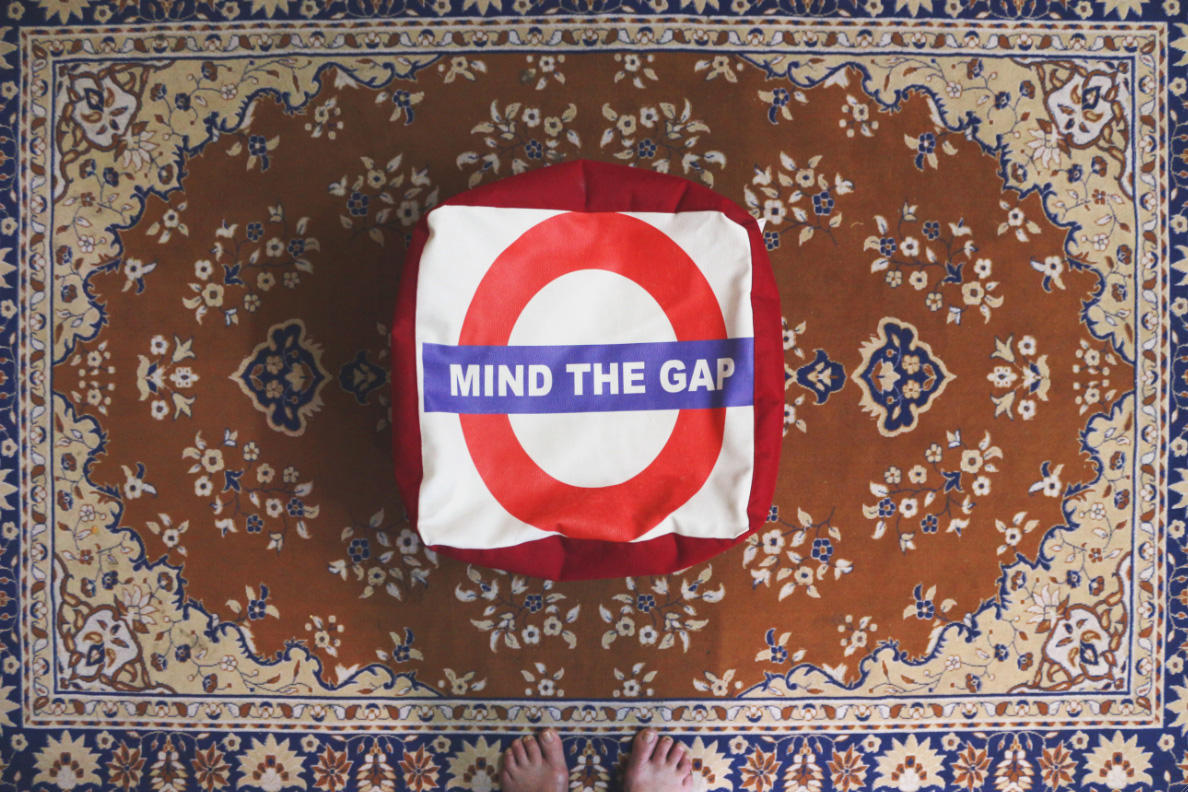
On the tenth anniversary of the New Delhi office of Pro Helvetia, Switzerland’s public foundation for disseminating Swiss arts and culture, Director Akshay Pathak reveals milestones and offers a glimpse of future directions.
swissinfo.ch: What is your day-to-day job?
Akshay Pathak: We are a small team of seven people. A lot of work is programming events, collaborating with local partners and carrying out administrative tasks. The job involves a fair bit of travelling because we are based in Delhi, but organise events all around South Asia.
swissinfo.ch: How is New Delhi similar to and different from other Pro Helvetia offices?
AP: Our mandates are pretty similar: We promote Swiss artists and intercultural exchange between Switzerland and our respective regions.
Dissimilarities are in the areas we focus on. For example, there has been a strong focus on contemporary dance and literature in the Delhi office because there is a lot of translation work going on in the last few years. Almost every year there is a Swiss author in residence. Geopolitics also plays a role in shaping priorities. For example, I see a lot of similarities between us and the Johannesburg office, but not so much with the centre in New York.
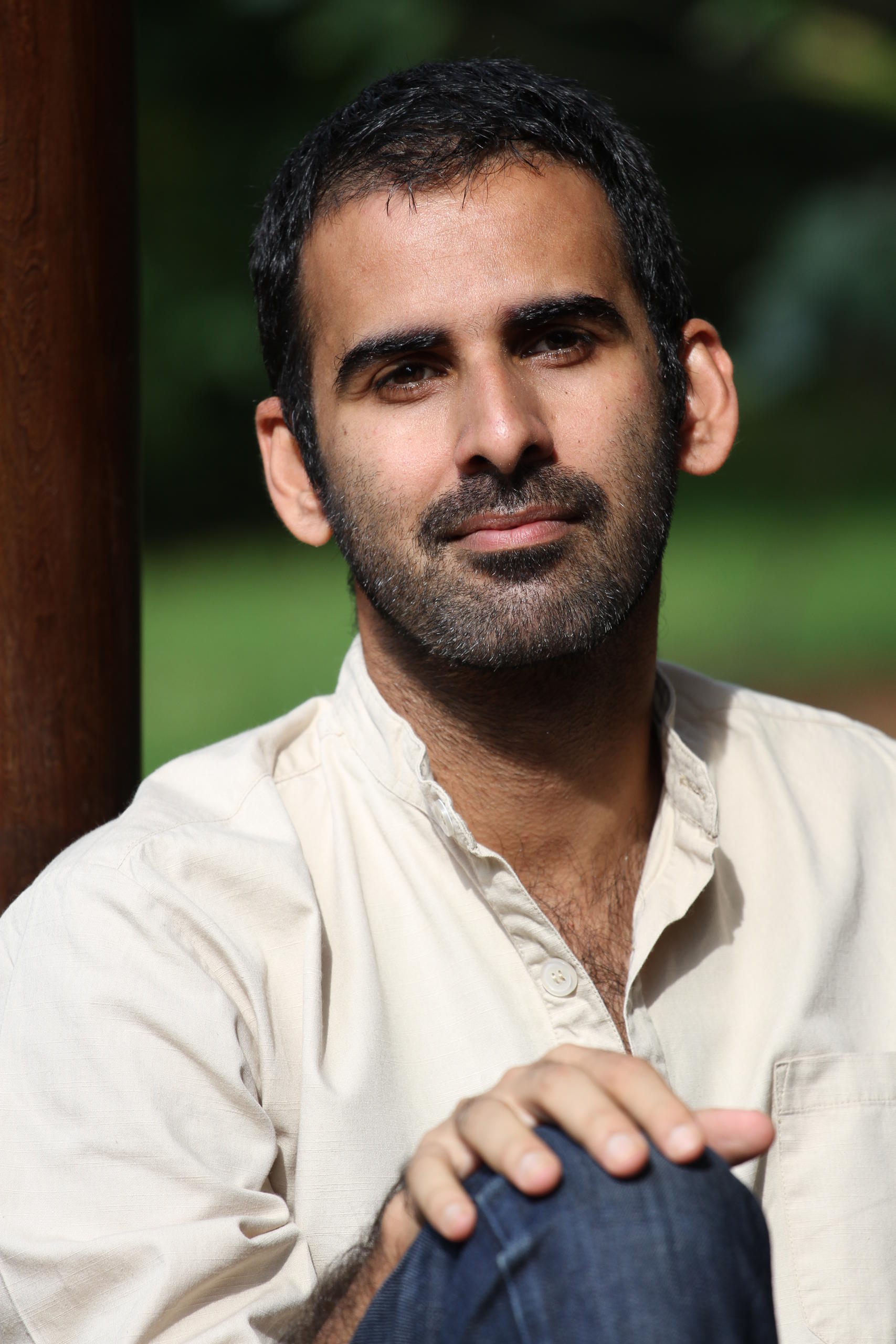
swissinfo.ch: What areas are flourishing for the New Delhi office?
AP: Contemporary dance, experimental music, jazz, and literature are some of the areas where we have a broad focus. We also look at interdisciplinary projects that may not fit strictly into these categories. Our choices depend on what the artist community is engaging with. Right now, we see that the focus is on the interdisciplinary nature of the arts.
swissinfo.ch: Why should Swiss artists come to India instead of the other Pro Helvetia offices?
AP: We do not compete with other offices to attract artists. The interest comes from the artists themselves as there is an application process and a call to which they respond. But, to answer your question more specifically, I think it is a very interesting time politically in our region, i.e. South Asia, with a lot of artists grappling with questions of resistance, politics etc. Swiss artists who engage with these questions will find a lot of potential for collaboration with artists here., which is what is reflecting in the kind of proposals we are getting of late.
We’ve launched an umbrella term called “Critical ConditionsExternal link” for events, discussions, and performances that will channel political art.
swissinfo.ch: How would you justify the existence of Pro Helvetia New Delhi to a Swiss taxpayer?
AP: This is perhaps a question better answered by our head office where this is conceptualized more broadly for all the regions where Switzerland is active, but I would like to give my two bits as someone from India who also runs this liaison office here. We live in times where the world is very politically charged. Art occupies a very significant role, and Switzerland has been at the forefront of doing [art] in the form of intercultural sensitive exchange. That gives it a unique place to produce a lot of contemporary art, and keep the dialogue going during a time of increasing nationalist feeling, which can often alienate us into our own little worlds.
Switzerland occupies a respected place among artists in South Asia that we work with. They see it as a place they can collaborate at a time of calls for strong borders. There is not a strong banner of nationalism, but of promoting the arts in general. This fits well with the image of a very democratic country like Switzerland as being politically neutral, and yet facilitating this kind of dialogue and exchange.
swissinfo.ch: Does your office have any political constraints?
AP: We operate in a region that has its own unique political climate. I haven’t faced any constraints from the government or any kind of censorship. When you are in an intercultural office, you have to work with a certain sensitivity. I don’t see this as a constraint, but as a challenge that one should address.
swissinfo.ch: Your office is celebrating ten years. What plans do you have for the future?
AP: Building on the last ten years, the good connections between artists, museums and festivals in both regions. We want to promote exchange with Switzerland in other countries in the region like Bangladesh, Nepal, Sri Lanka and Pakistan, and not just India. We also want to curate work that goes beyond national borders in the region.
swissinfo.ch: What is your most successful project and the most problematic one?
AP: Each project is successful in its own way because we see it from the time it is conceptualised; [we see] the negotiations and hard work for it to happen. I look at everything in terms of the efforts we put in and not just as what might be visible as the final product.
I would like to mention a project we did just after I joined called “Still in ParadiseExternal link” which was a collaboration between Switzerland and the office in Cairo. It has been running for over ten years, and we invited it to the International Theatre Festival of Kerala, and it then travelled to Delhi. It was unique because it was born out of a collaboration with another office – Cairo – and travelled through the Delhi office into India. It was not just a bilateral exchange, but was able to travel elsewhere and have a different resonance. It also involved bringing together theatre practitioners who explored the politics of performance over an entire day.
In terms of difficult projects, we do run into logistical challenges when organising collaborations. But that is part of our day-to-day job. Maybe, I’ve been lucky so far.
Pro Helvetia has liaison offices in India, China, Egypt and South Africa and offers residencies to Swiss artists in these countries in the areas of the visual arts, design and interactive media, music, literature, theatre and dance. Indian, Chinese, Egyptian and South African artists can also apply for residencies in Switzerland.
On offerExternal link are three-month studio residencies and four-week research residencies. As of 2017, studio residencies are available for Swiss visual artists in New York.

In compliance with the JTI standards
More: SWI swissinfo.ch certified by the Journalism Trust Initiative
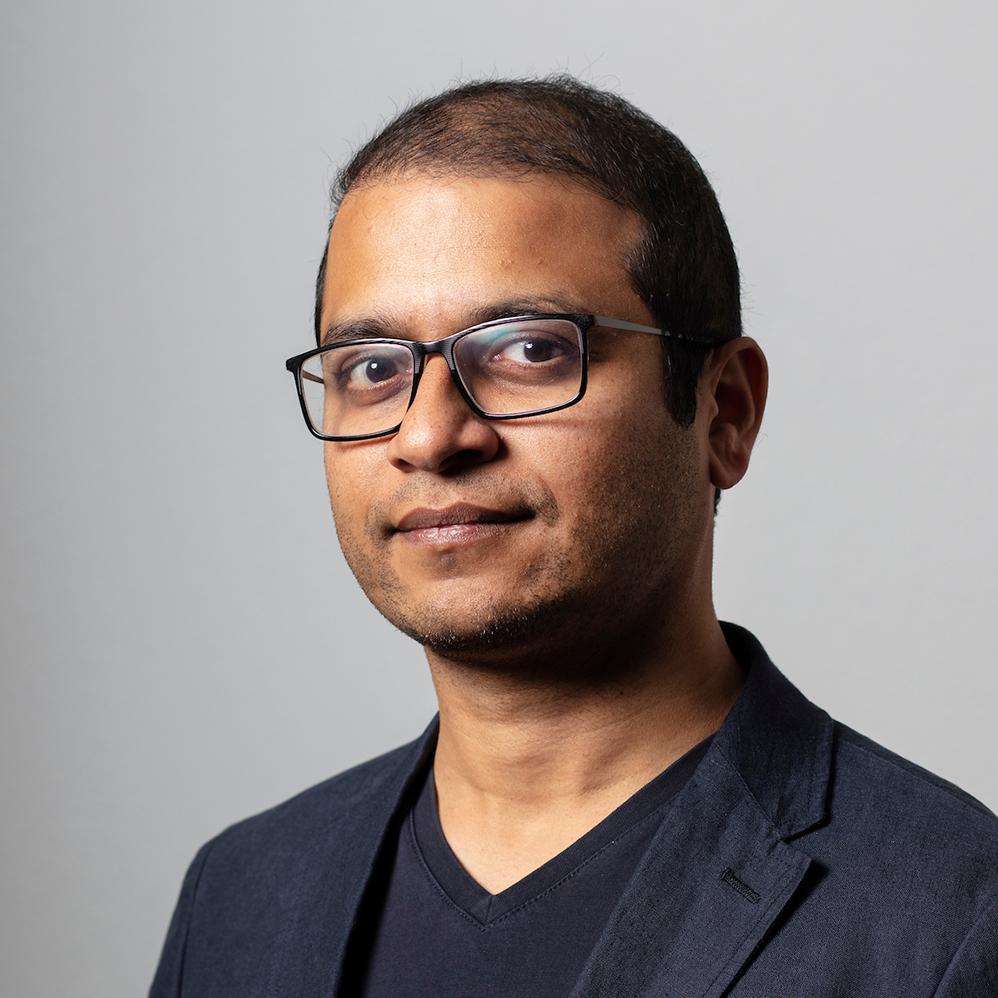
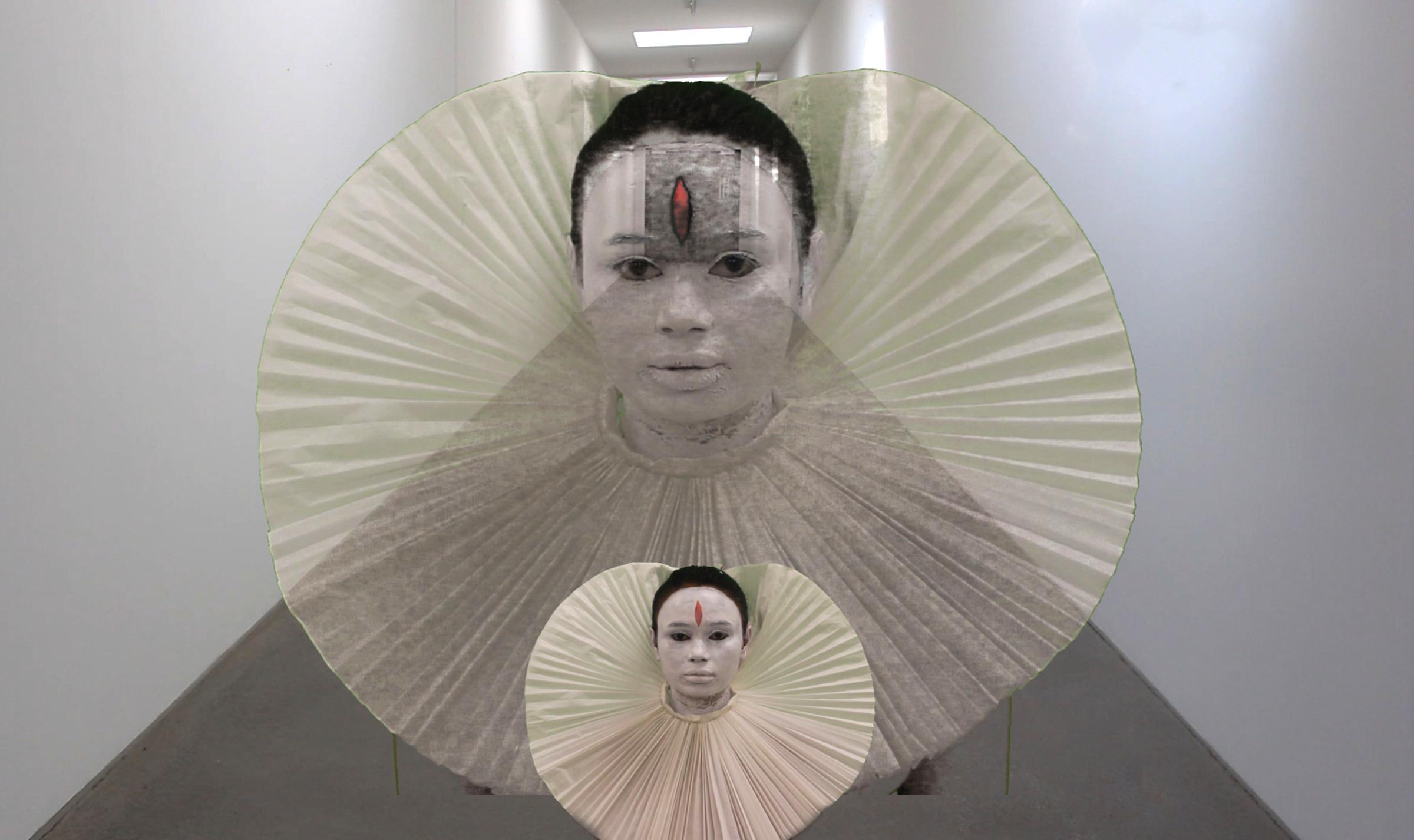
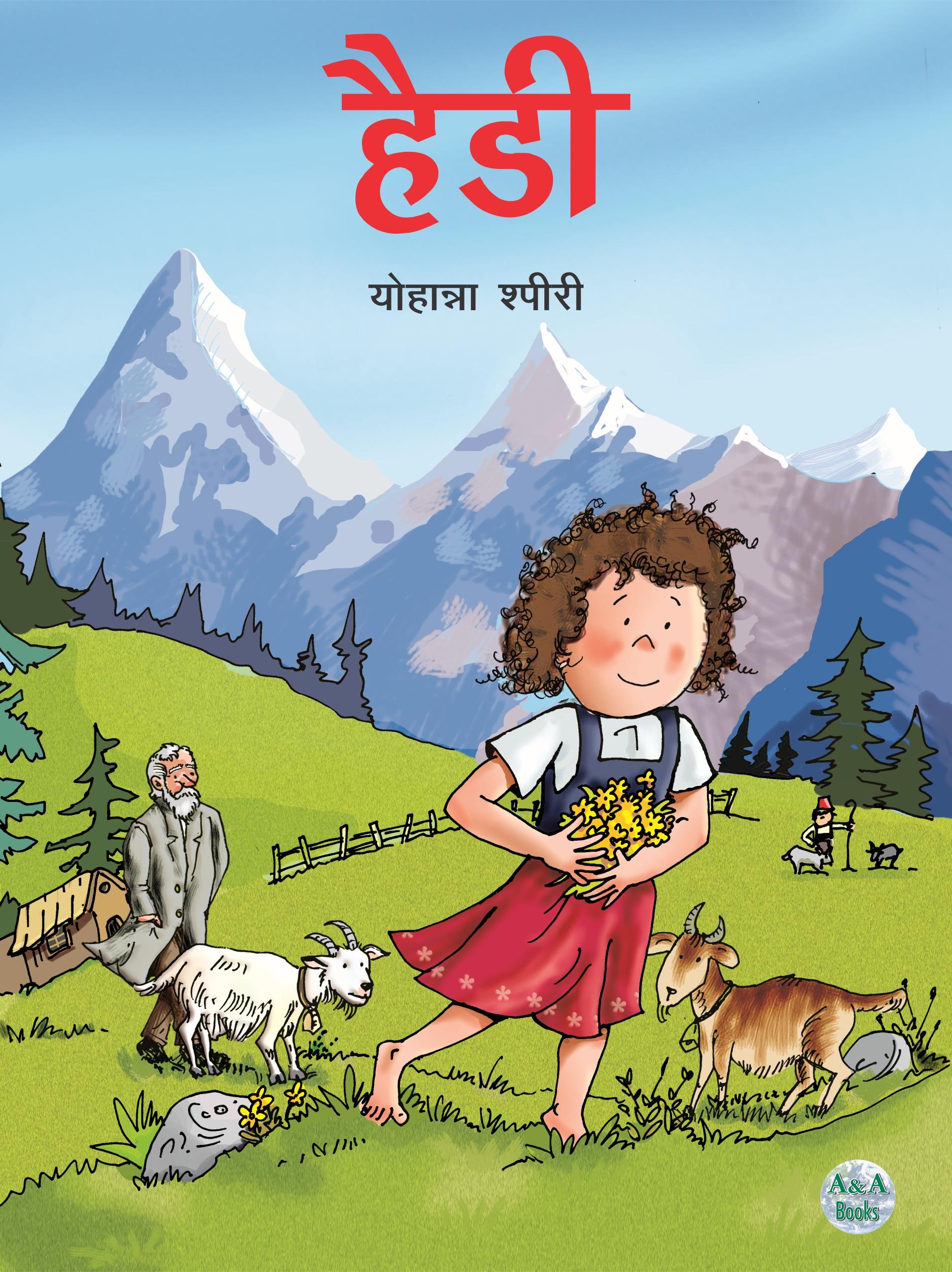
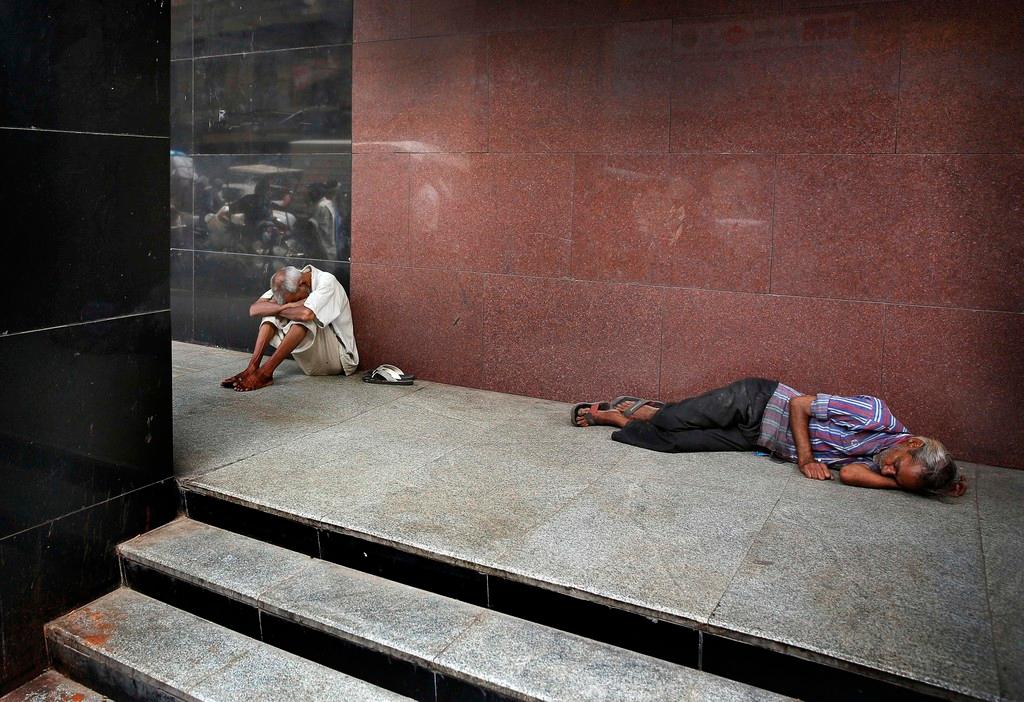
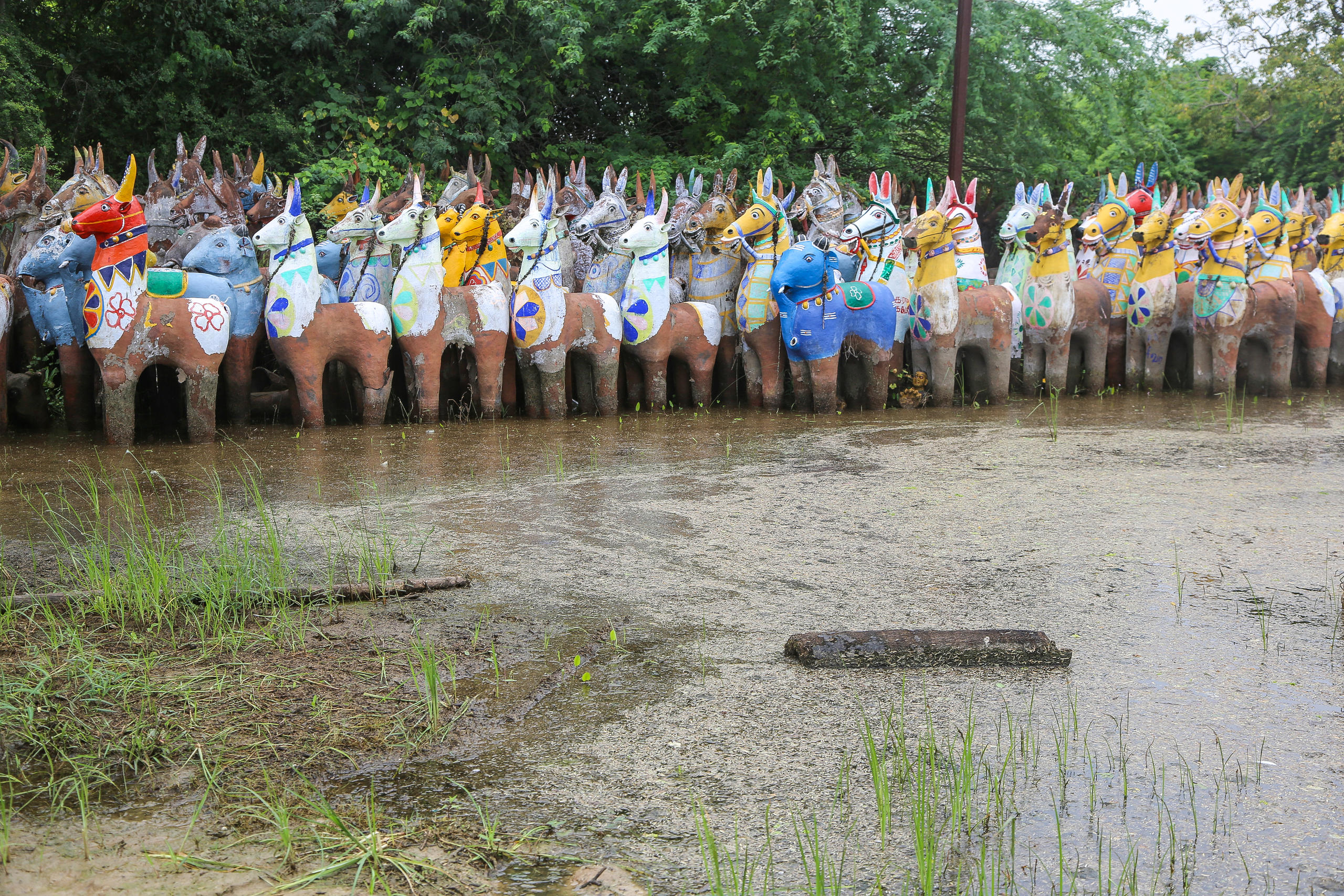
You can find an overview of ongoing debates with our journalists here. Please join us!
If you want to start a conversation about a topic raised in this article or want to report factual errors, email us at english@swissinfo.ch.